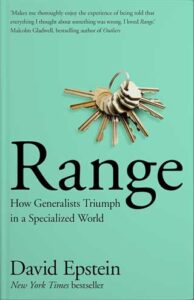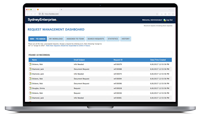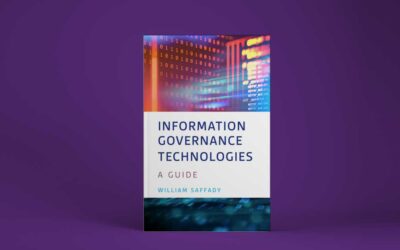Reflections on David Epstein’s Range: How Generalists Triumph in a Specialized World
Lauren Hays
I recently read by David Epstein. I found the book to be an easy read that also produced a good deal of reflection.
 The Generalist Perspective
The Generalist Perspective
Epstein highlighted example after example of how individuals with a range of knowledge rather than a deep concentration of knowledge in one field were more likely to solve problems.
He also highlighted examples of how diverse teams were more effective than teams where individuals had the same backgrounds, and how people with knowledge outside of a specific domain could often find solutions to challenging problems faster than experts could, because they brought a different perspective.
Benefits of a Broader Context
This idea that people with exposure to many different areas (rather than focusing their attention from an early age on a particular skill or knowledge base) are actually more successful goes against common wisdom. However—and this is where I spent a good deal of time reflecting—having a broad range of knowledge can be particularly useful for critical thinking.
A few posts ago, I shared about critical thinking and how an individual must have content knowledge in order to think critically about the subject. Certainly, being an expert in a particular field is going to allow a person to think critically about many aspects of that field. However, when the problems require a brand new application of knowledge or a new way of approaching a topic, specialization can be a detriment because people may not have enough information or context about additional ways to approach a problem.
Knowledge that Connects and Complements
As librarians, we occupy a unique position at the intersection of diverse knowledge domains, which gives us valuable interdisciplinary insights that others may not have developed. While specialists often dive deep into their particular fields, our professional role requires us to maintain broad awareness across multiple disciplines (even as subject-matter experts), understanding how different bodies of knowledge connect and complement each other. This wide-ranging perspective enables us to spot patterns, draw unexpected parallels, and propose innovative solutions that might not occur to those working within domains that are more specialized.
Analogies and Adaptation
This breadth of knowledge, combined with our experience in information organization and retrieval, equips us to approach challenges from novel angles. When confronted with organizational or community problems, we can often draw upon examples, methodologies, or solutions from entirely different fields that could be successfully adapted to address the current situation.
Generalist Librarians Build Bridges
However, many generalist librarians may hesitate to voice their ideas, perhaps feeling that their perspectives are not as relevant as those of subject matter experts. This self-doubt can deprive organizations and communities of valuable insights. It is crucial to recognize that our broad knowledge base is not a limitation—it is an asset that allows us to bridge silos of expertise and propose creative solutions.
Diversity Leads to Alternatives
Therefore, when you see an opportunity for improvement or have an idea for addressing a challenge, share it confidently. Your unique vantage point as an information professional means you may have identified approaches that others, despite their expertise in specific areas, have not considered. Organizations benefit most when they can draw upon diverse perspectives, and your wide-ranging knowledge base provides exactly that kind of valuable alternative viewpoint.
Lauren Hays
Librarian Dr. Lauren Hays is an Assistant Professor of Instructional Technology at the University of Central Missouri, and a frequent presenter and interviewer on topics related to libraries and librarianship. Please read Lauren’s other posts relevant to special librarians. Learn about Lucidea’s powerful integrated library systems, SydneyDigital and GeniePlus.
**Disclaimer: Any in-line promotional text does not imply Lucidea product endorsement by the author of this post.
Never miss another post. Subscribe today!
Similar Posts
Keeping Up with Copyright and Generative AI: What Special Librarians Need to Know
As generative AI becomes more prevalent copyright law is evolving to address its impact. A new report from the U.S. Copyright Office provides guidance on what is (and isn’t) copyrightable.
Understanding Shadow AI: Risks Costs and Governance
AI can enhance search discovery and efficiency but unsanctioned adoption—known as “shadow AI”—can lead to budget overruns and compliance risks. Here’s how to evaluate AI pricing models and build a governance strategy that balances innovation with cost control.
Interview with an Author: Fernandez on Streaming Video Collection Development
As demand for streaming video in libraries grows so do the challenges of managing access budgets and licensing. Co-author Michael Fernandez shares key insights from his book “Streaming Video Collection Development and Management”.
Interview with the Author: Saffady on Information Governance Technologies
Technology is at the heart of modern information governance shaping how organizations manage records and ensure compliance. In this interview expert William Saffady shares insights on the essential technologies driving the field and what information professionals need to know.







Leave a Comment
Comments are reviewed and must adhere to our comments policy.
0 Comments